International
Venezuelan journalists reject government institute course to become reporters in three months

February 6th |
An educational institute of the Venezuelan government proposed a technical course for those who wanted to become reporters, which generated criticism from the journalists’ union.
The National Institute of Socialist Educational Training (INCES), a public government entity that played an important role in literacy in Venezuela, began offering a three-month technical-professional training course for reporters, with a curriculum oriented to people as young as 14 years of age.
The Venezuelan journalists’ union condemned INCES for offering the course, arguing that it “violates” the exercise of the profession, university studies and infringes the Law on the Practice of Journalism.
Article 2 of the Law on the Practice of Journalism establishes that to practice the profession in Venezuela a degree of “Licenciado en Periodismo, Licenciado en Comunicación Social or equivalent degree”, issued in the country by a university, or a legally revalidated degree, is required, in addition to being registered in the National College of Journalists.
The president of the CNP, Tinedo Guía, said on Wednesday that the course was “withdrawn” after they requested information about its scope.
Previously, Néstor Garrido, secretary of Professional Improvement of the CNP, had urged the government to respect the legislation and, on behalf of the institution, condemned the offer because, he said, it was “misleading advertising”.
The offer to train press workers “empirically” is framed in a context in which the State and its institutions seek to “de-professionalize” journalism in Venezuela, said to VOA the secretary of the National Union of Press Workers (SNTP), Marco Ruiz.
Although there were no further details, last year, the Parliament of the ruling party majority installed work tables for the revision and reform of the Law for the Exercise of Journalism.
In the absence of information, journalists and experts in the matter preferred not to speculate at that time, but agreed that the government may be seeking to grant recognition to “alternative journalists”.
Since the late former President Hugo Chavez came to power, he promoted alternative reporters and community media, considered a “banner of the Bolivarian Revolution”. The initiative has been catalogued by different sectors as a way to promote government propaganda.
International
Mexico’s president blasts ‘Inhumane’ U.S. migration law
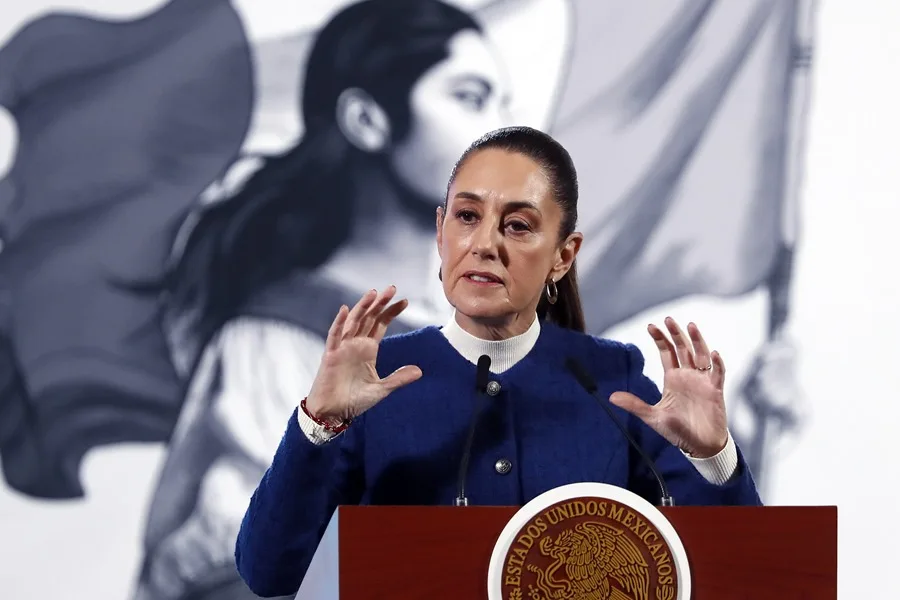
Mexican President Claudia Sheinbaum stated on Friday that any Mexican detained in the United States should be “immediately” returned to Mexico. Her remarks come in the wake of the opening of a new migrant detention center in Florida earlier this week.
Speaking during her daily press conference, known as La Mañanera del Pueblo, Sheinbaum emphasized that so far, no Mexican national has been held in the facility, which has already sparked controversy and has been nicknamed “the Alcatraz of the Alligators.”
She also criticized the new fiscal law signed by former U.S. President Donald Trump, passed by Congress just a day earlier. The law, which Trump dubbed the “great and beautiful tax reform,” includes significant tax cuts and sweeping reductions in public policies, reallocating billions toward national security and defense—including $170 billion to enhance border security, deportations, and the expansion of detention centers.
“We do not agree with a punitive approach to migration. Migration must be addressed through its structural causes, with cooperation for development,” Sheinbaum asserted.
The Mexican president labeled the Trump administration’s view of migrants as criminals as “inhumane,” and warned that such policies ultimately harm the U.S. economy. She pointed to the mass deportation of agricultural workers as an example of how these actions are already backfiring.
“These are hardworking people—people of good will—who contribute more to the U.S. economy than they do to Mexico’s,” Sheinbaum said, announcing that her government will strengthen support programs to ensure that affected migrants can return home safely and reintegrate into the workforce.
International
Julio César Chávez Jr. faces charges in Mexico after U.S. arrest
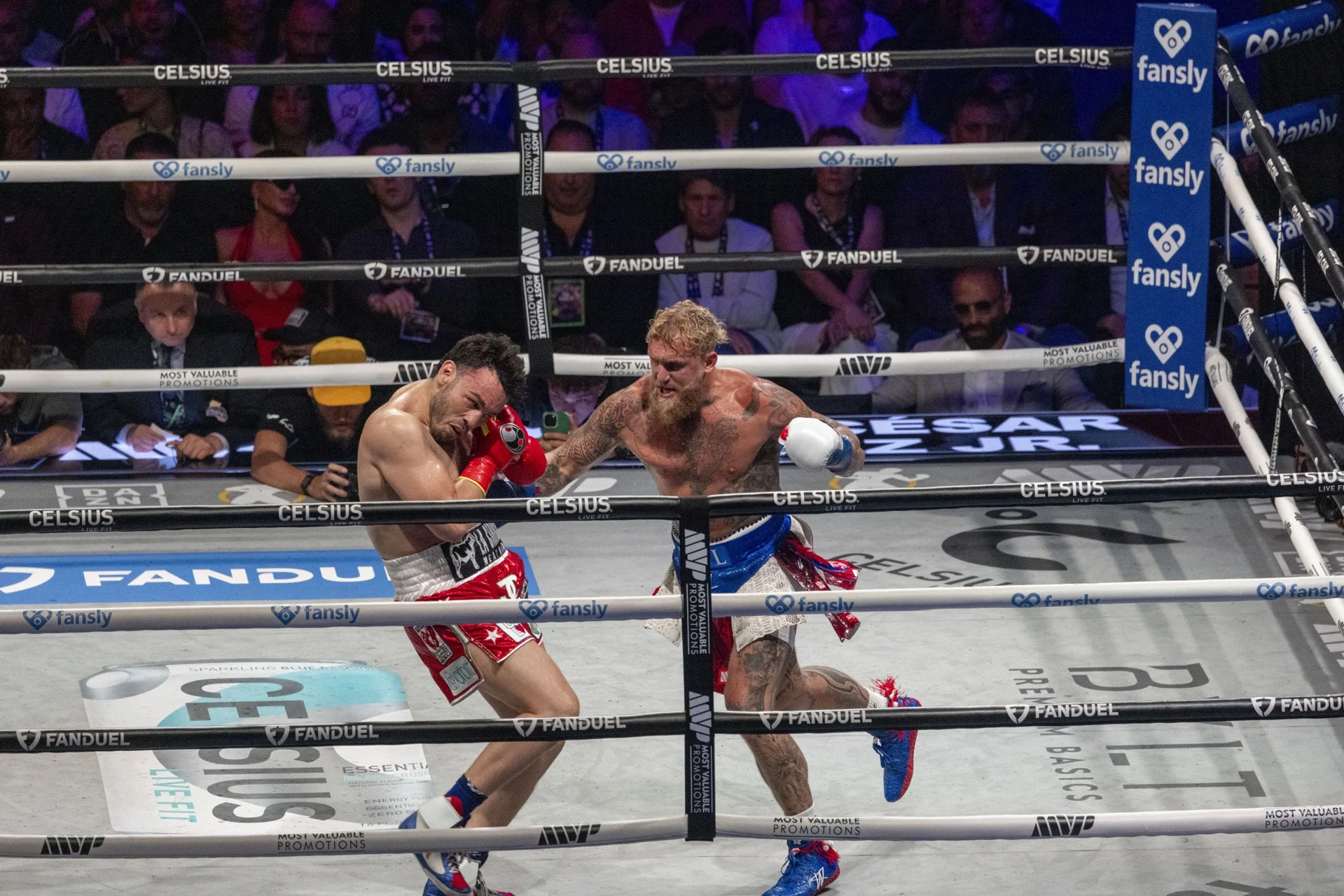
Mexican President Claudia Sheinbaum announced on Friday that the country is expecting the deportation of boxer Julio César Chávez Jr. so he can face legal proceedings in Mexico, following his arrest in the United States and confirmation by Mexico’s Attorney General’s Office (FGR) of an arrest warrant for organized crime and arms trafficking.
“This is an arrest warrant stemming from an investigation that began in 2019 and was granted by a judge in 2023 (…). We are expecting his deportation so he can serve his sentence in Mexico,” Sheinbaum stated during her daily press briefing.
The president said she was unaware of the case until speaking with Attorney General Alejandro Gertz Manero, who confirmed an investigation linked to organized crime. She also noted that authorities had been unable to execute the warrant earlier because Chávez Jr. had spent most of his time in the United States. “His deportation to Mexico is now being pursued,” she added.
Sheinbaum said there is no confirmed date yet for the boxer’s return to the country, as the process involves “specific protocols” that the FGR is currently handling.
Her statement follows the announcement by U.S. authorities on Thursday of Chávez Jr.’s arrest. The boxer, son of Mexican boxing legend Julio César Chávez, is accused of involvement in organized crime and arms trafficking allegedly tied to the Sinaloa Cartel.
“This Sinaloa Cartel affiliate, wanted for trafficking firearms, ammunition, and explosives, was arrested by U.S. Immigration and Customs Enforcement (ICE),” said Tricia McLaughlin, Deputy Assistant Secretary at the Department of Homeland Security (DHS), in an official statement.
International
Europe faces a summer of heatwaves and wildfires, Red Cross warns
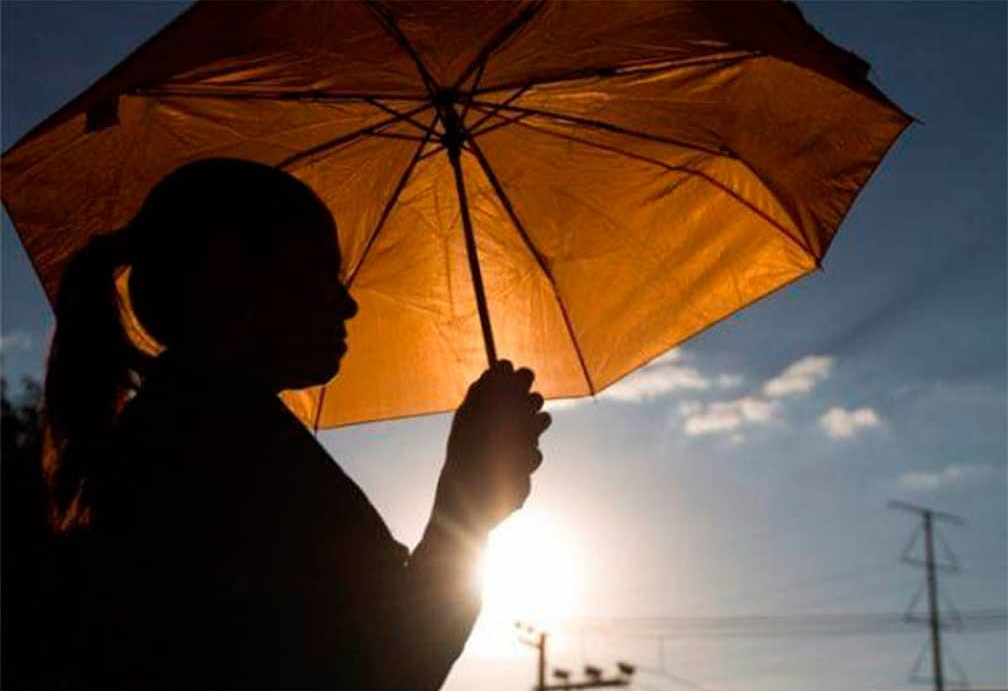
The heatwave sweeping across Europe — accompanied by wildfires in countries such as Greece and Turkey — is “just the beginning” of a summer season expected to see extreme conditions lasting through September, the International Federation of Red Cross and Red Crescent Societies (IFRC) warned.
In a statement, the IFRC stressed the urgent need for governments and communities to shift from a reactive to a preventive approach to safeguard lives.
The organization reported that wildfires in the Turkish region of Izmir, on the country’s western coast, have already claimed at least two lives and forced the evacuation of 50,000 people. Meanwhile, on the Greek island of Crete, around 5,000 residents and tourists have also had to flee due to encroaching fires.
Smaller-scale evacuations and wildfires are also being reported in other countries, including eastern Germany and North Macedonia, with Red Cross volunteers actively involved in firefighting and relief operations.
“Heatwaves and wildfires — increasingly frequent and deadly — are no longer isolated events. They are becoming the new reality for millions,” said Birgitte Bischoff, IFRC’s Regional Director for Europe.
-
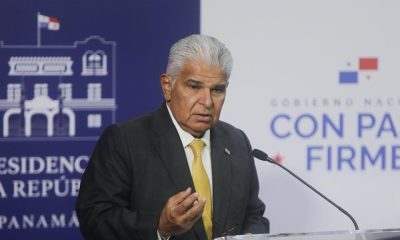
 Central America3 days ago
Central America3 days agoPanama’s President Mulino: “We are regaining international trust” to exit tax haven lists
-

 International4 days ago
International4 days agoThe White House insists that the United States remains in contact with Iran
-
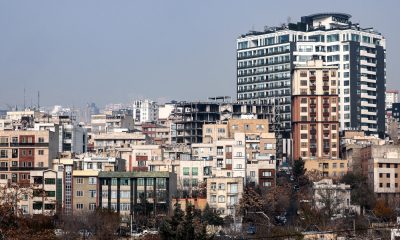
 International2 days ago
International2 days agoTehran airports resume operations as Iran lifts airspace closure
-
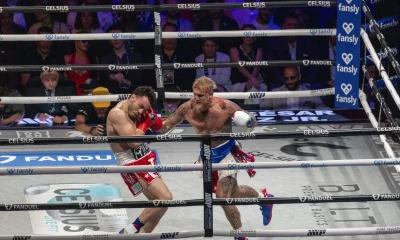
 International1 day ago
International1 day agoJulio César Chávez Jr. faces charges in Mexico after U.S. arrest
-
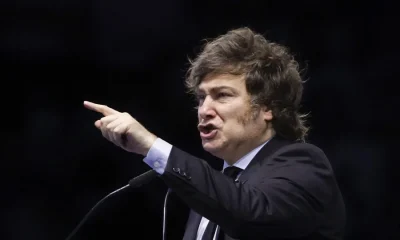
 International4 days ago
International4 days agoThe Argentine justice declares Milei’s measure that limited the right to strike unconstitutional
-

 International3 days ago
International3 days agoTrump to decide soon on deportation exemptions for construction and farm workers
-
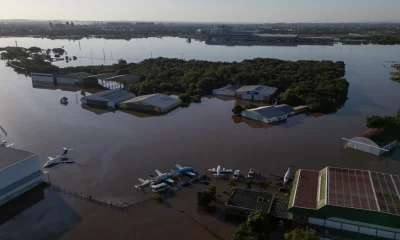
 International3 days ago
International3 days agoIDB plans $11 billion in sustainable financing to support countries facing currency risks
-

 International1 day ago
International1 day agoMexico’s president blasts ‘Inhumane’ U.S. migration law
-
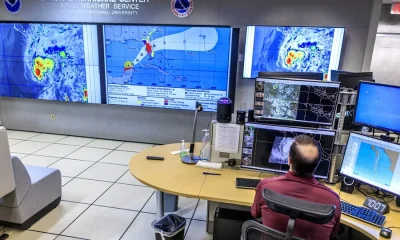
 International4 days ago
International4 days agoThe US climate agency will lose access to key data for hurricane forecasting in July
-
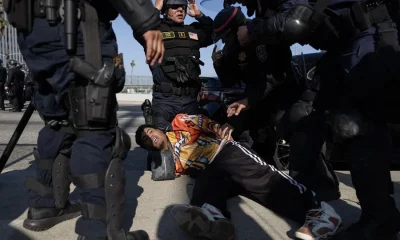
 International4 days ago
International4 days agoTrump sues Los Angeles for immigrant “sarture city” policies
-
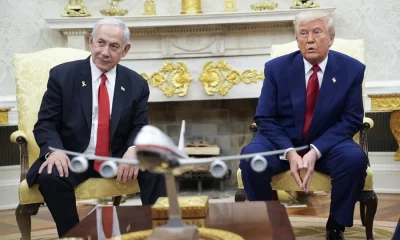
 International4 days ago
International4 days agoTrump will receive Netanyahu at the White House next week
-
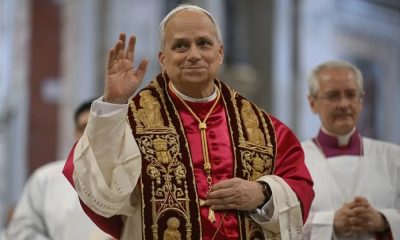
 International3 days ago
International3 days agoMaduro’s government appeals to Vatican for help rescuing migrant children
-
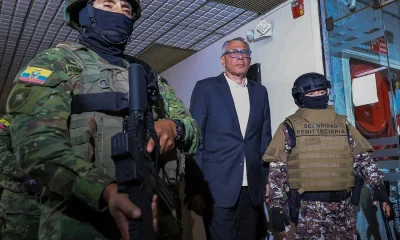
 International4 days ago
International4 days agoFormer Correísta vice president Jorge Glas, sentenced to 13 years in prison for embezzlement in Ecuador
-

 International2 days ago
International2 days agoMan attacks passengers with axe on german ICE Train
-

 International1 day ago
International1 day agoDenmark takes Trump’s Greenland threats seriously, rules out military annexation
-
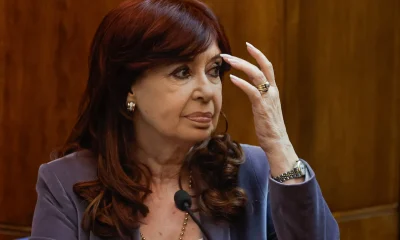
 International3 days ago
International3 days agoFormer argentine president seeks brazilian leader’s visit amid house arrest
-
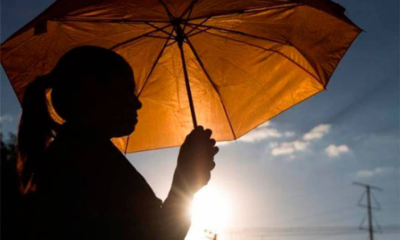
 International1 day ago
International1 day agoEurope faces a summer of heatwaves and wildfires, Red Cross warns
-

 International4 days ago
International4 days agoAn investigation by the Trump Administration concludes that Harvard violated the rights of Jewish students
-
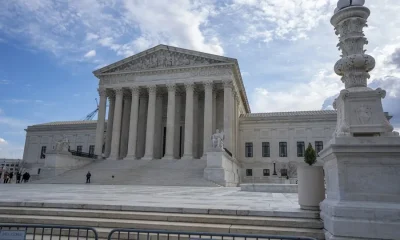
 International4 days ago
International4 days agoThe US Supreme Court will address the reduction of spending limits of parties in campaigns




















